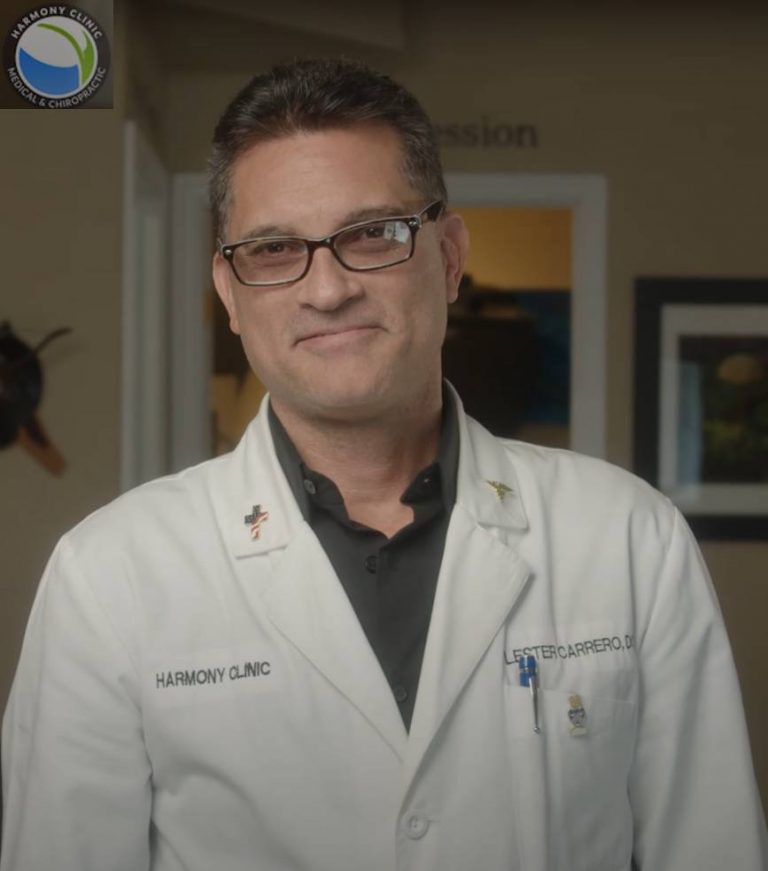Access to primary care is crucial for maintaining overall health and preventing serious illnesses. Primary care physicians provide routine screenings, immunizations, and early detection of health issues, which can reduce the need for more invasive treatments later. They offer personalized health guidance, manage chronic conditions, and coordinate care with specialists when necessary. In areas like Deltona, FL, having access to reliable primary care can improve health outcomes, reduce hospitalizations, and support a healthier community by ensuring residents receive consistent and preventive care.
At Harmony Clinic, we emphasize the importance of primary care in building lasting patient relationships and supporting each individual’s wellness journey.
—
For more information on how Harmony Clinic in Deltona, FL, supports primary care and specialized healthcare needs, visit [Harmony Clinic’s website](https://harmonyclinicfl.com/).


